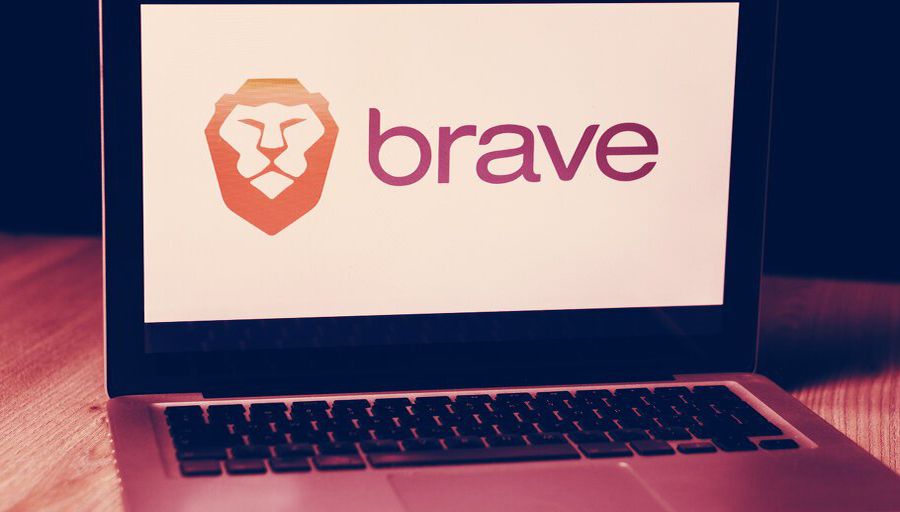The developers of the Brave browser have updated the project roadmap. It includes the creation of a decentralized exchange (DEX) aggregator and a Brave Wallet to replace current cryptocurrency wallets.
According to the BAT Roadmap 2.0, the Brave developers are planning important changes to the browser. The add-ons will expand the reach of the browser beyond web browsing and provide support for the Decentralized Finance (DeFi) industry.
Developers will create a DEX aggregator to help users find and fix the best possible price across multiple decentralized exchanges. However, according to the roadmap, Brave could potentially create its own DEX – the developers have confirmed that they are exploring such a possibility.
“One of our goals is to make cryptoassets easy to use for all of our users,” said Brendan Eich, CEO and co-founder of Brave. “A proprietary DEX that we are researching can help achieve this goal by allowing users to securely exchange BAT and other assets at a lower cost, within an improved user experience by embedding into Brave.”
Brave already has built-in widgets for the Binance, Gemini and Crypto.com exchanges on its homepage. But decentralized exchanges open up new trading opportunities. Brave could create an exchange that will use its own crypto asset BAT, which has a current market cap of over $ 700 million.
DEX could open up new uses for BAT, such as paying transaction fees or getting discounts on BAT ownership. Details about Brave’s DEX aggregator have not been disclosed, but the developers say it will differ from its counterparts by providing discounts for BAT owners.
According to the developers, the basis for the mass adoption and use of cryptocurrency and DeFi will be the Brave Wallet, which will combine Brave Rewards, custodian and non-custodial accounts in Brave. Brave Wallet is a new implementation of the Ethereum wallet that will replace existing Brave wallets. The developers will redesign the user interface and add support for both desktop and mobile versions.
The Ethereum JavaScript Provider API (window.ethereum) will be provided to web pages by default, without the need to install a separate extension. In addition, the developers plan to add to the new wallet the ability to buy cryptocurrencies with fiat currencies through credit and debit cards, bank accounts and smartphone wallets.







